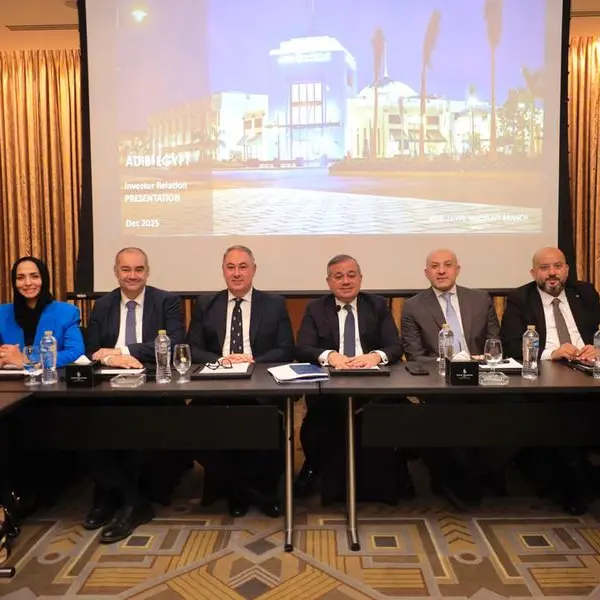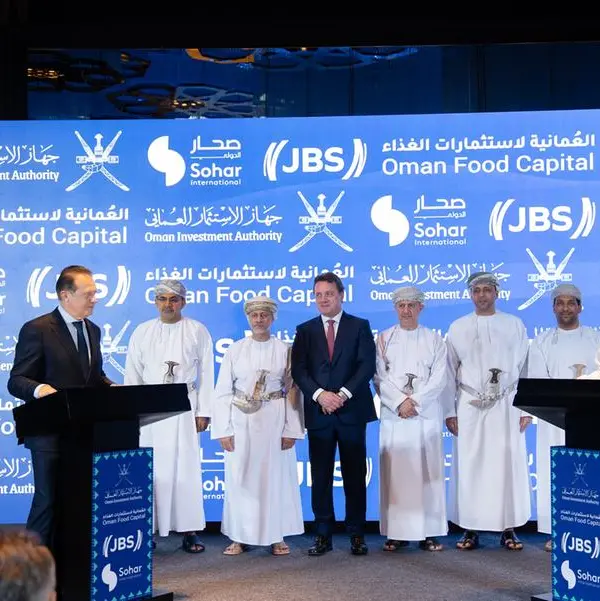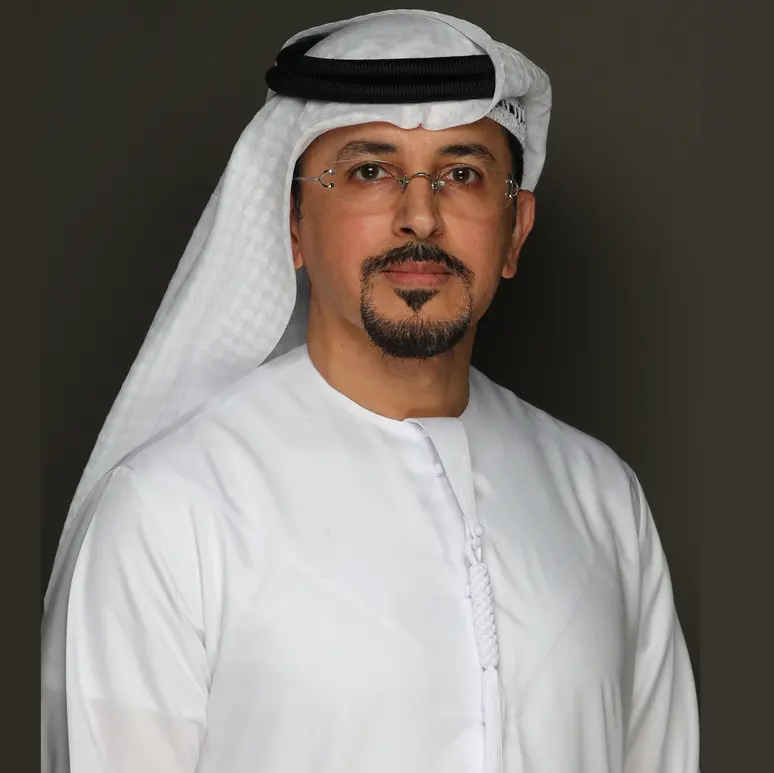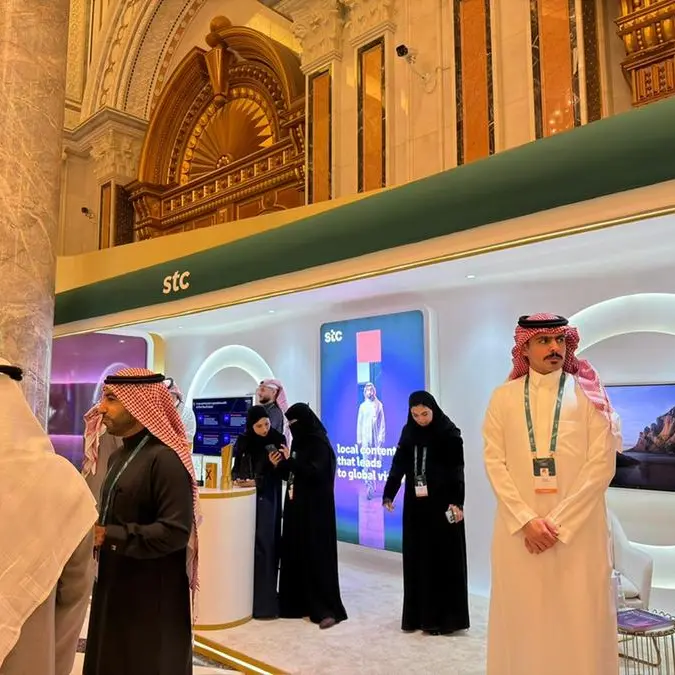Dubai, United Arab Emirates – Despite the wide prevalence of pain, there continues to be inertia and stigma in expressing and treating pain actively, resulting in an increased burden of pain amongst people. Most pain purchases occur in a pharmacy, yet despite this, pharmacists may struggle to offer the level of care they want to, due to there being a disconnect in the way patients communicate their pain and how pharmacists understand or interpret it.
The evolving role of pharmacists
A new survey of pharmacists across Europe and the US undertaken by Haleon, showed that 9 out 10 of pharmacists agreed that the role of the pharmacist has evolved in recent yearsi, now requiring them to have greater expertise in influencing human behaviour and choices for self-care.
Additionally, 91% of pharmacists surveyed agreed that they welcome more support with strategies for encouraging their patients to adopt new behaviours or influence behaviours in relation to their health and wellbeingi. 93% of pharmacists surveyed agreed that people who come into the pharmacy are seeking support that goes beyond advice on medicationi. In the UAE, like much of the world, the role of the pharmacist is evolving where a patient-centred approach is being adopted to drive positive health outcomes ii.
“Pharmacists continue to play a vital role in overcoming barriers to effective pain management; this includes helping facilitate a shift in patient attitudes towards how they communicate and describe their pain experience. Our research has shown that there is often a disconnect in the conversations patients have with HCPs. Through a human-centric approach to these patient/pharmacist interactions, HCPs can deliver more personalised and effective treatment plans to manage pain.”, said John Bell, a pharmacist practitioner/teacher, and member of the international multidisciplinary Haleon Global Pain Faculty.
Through understanding the challenges that pharmacists are facing today, Haleon has recognised a need to shift perceptions and conversations around pain relief to drive active discussion and treatment of pain by supporting pharmacists, in and around the topic of personalised pain management, helping translate talk to treatment.
#ListenToPain has applied the GPI insights to facilitate more personalised conversations between patients and HCPs, establishing five profiles that describe people with different attitudes and behaviours towards pain management. These aim to enable HCPs to maximise their time with patients and help them to better understand a patient’s pain experience — providing the sufferer with a treatment plan that is right for them.
#ListenToPain currently includes a series of practical tools for better interactions, assessments, and outcomes. These tools and resources for pharmacists will help them understand their patients pain better and navigate conversations around pain management. These include:
Pain Diary
A tool for HCPs to use with persistent pain sufferers to track their pain and its impact on their everyday life.
OTC Decision Tree
A guide for HCPs to common OTC pain relief treatments.
Pain Consultation Guide
A consultation guide for HCPs on how to create a tailored pain relief treatment plan for patients.
Pain Treatment Guide
A guide to help pharmacists provide recommendation for managing mild to moderate pain with OTC.
Risk Factor Awareness Guide
An assessment tool to help pharmacists ascertain what risks to look out for before recommending OTCs and NSAIDs for musculoskeletal pain.
Pain Assessment Guide
This is a tool used by Pharmacists to help assess a patient’s pain on a scale from 1 to 10. Considerations of potential risk factors are highlighted.
These resources are available for pharmacists to download from the Haleon Health Partner website.
Introducing #ListenToPain
Pain is never just one word
#ListenToPain is a new dedicated and evolving platform for pharmacists aimed at achieving better patient outcomes and a better healthcare professional-patient dialogue and relationship.
“We understand that there will always be the time pressure and the reality of a transactional pharmacy environment, but the #ListenToPain mission is to optimise every interaction taking these challenges into account. An improved discussion on pain is an opportunity for better patient outcomes with pain relief in the short term, and pain management for the long term,” says Mukesh Kumar, Global Expert Lead, OTC at Haleon. “And with the continuity of care and understanding how pain is expressed and interpreted, new pain management strategies can be tailored to each individual patient. That is what #ListenToPain offers.”
Societal and cultural taboos affect how patients talk about pain, even with professionals. Age, gender, and background also change how patients and HCPs engage. Getting patients to talk about their pain is to be encouraged, however, language is only one way that patients may give insights into their pain state.
Non-verbal signals can also give important insight into how patients are coping, managing, and living with their pain.
Data from the 4th edition of the Haleon Global Pain Index (GPI) survey uncovered difficulties patients have when asked to talk about their pain, with 37% of sufferers agreeing that pain is still too much of a taboo subject to talk aboutiii. Furthermore, 73% of respondents in the GPI declared “I am tough, I can handle pain.” IV
What’s next for #ListenToPain?
Pain is a universal human experience, but unique to everyone. The #ListenToPain mission will continue to explore ways to help pharmacists personalise their approach to pain management conversations, to help drive better clinical conversations, for better clinical outcomes. Working with leading experts in this area, Haleon will bring together the latest thinking on personalised pain management strategies and continue to grow and evolve the resources available for pharmacists.
“At Haleon, we are committed to empowering pharmacists with humanity to help make everyday health more inclusive, achievable, and sustainable. Now is the time to make conversations around pain treatment more human and meaningful, by understanding the different ways people communicate. As we delve even deeper into understanding consumer behaviour and unmet needs in everyday health, our focus will be on meaningful innovation that supports pharmacists to adopt a new approach to personalised pain management and empower better self-care.”, says Tess Player, VP, Global Head of Healthcare Professionals and Influencer Marketing at Haleon.
Mohamed El Nokrashy, Head of Expert, Gulf and Near East, Haleon adds: “With ever-increasing pressures on frontline healthcare services not just in the UAE, enriching HCP-patient interactions can be challenging. Due to limited contact time with each patient, it can be hard for HCPs to obtain the information they need to make the most appropriate treatment recommendations. As leaders in the pain relief category, with a strong portfolio of trusted brands, such as Panadol and Voltaren, we believe it is our responsibility to listen to pain, to provide tailored solutions for everyday pain management, and to support pharmacists to have better conversations with their patients.”
-Ends-
About Haleon:
Haleon (LSE: HLN) is a global leader in consumer health, with brands trusted by millions of consumers globally. The group employs over 22,000 people across 170 markets, who are united by Haleon’s purpose - to deliver better everyday health with humanity. Haleon’s product portfolio spans five major categories - Oral Health, Pain Relief, Respiratory Health, Digestive Health and Other, and Vitamins, Minerals and Supplements (VMS). Its long-standing brands - such as Advil, Sensodyne, Panadol, Voltaren, Theraflu, Otrivin, Polident, Parodontax and Centrum - are built on trusted science, innovation and deep human understanding.
For more information, please visit www.haleon.com
i Haleon online survey of 376 community and retail pharmacists in the US, UK, Italy, Germany and Spain carried out 6th – 9th September 2022 by Vitreous World.
ii Rayes, Ibrahim & Hassali, Mohamed & Abduelkarem, Abduelmula. (2014). The Role of Pharmacists in Developing Countries: The Current Scenario in the United Arab Emirates. Saudi Pharmaceutical Journal. 23. 470-474. 10.1016/j.jsps.2014.02.004.
iii Global Pain Index Report; 4th edition (2020). (2020). [online] GSK.com, GSK Consumer Healthcare, p.17. Available at: https://www.gsk.com/media/6351/2020-global-plainindex-report.pdf [Accessed 12 Dec. 2022].
IV Global Pain Index Report; 4th edition (2020). (2020). [online] GSK.com, GSK Consumer Healthcare, p.20. Available at: https://www.gsk.com/media/6351/2020-global-plainindex-report.pdf [Accessed 12 Dec. 2022]


















